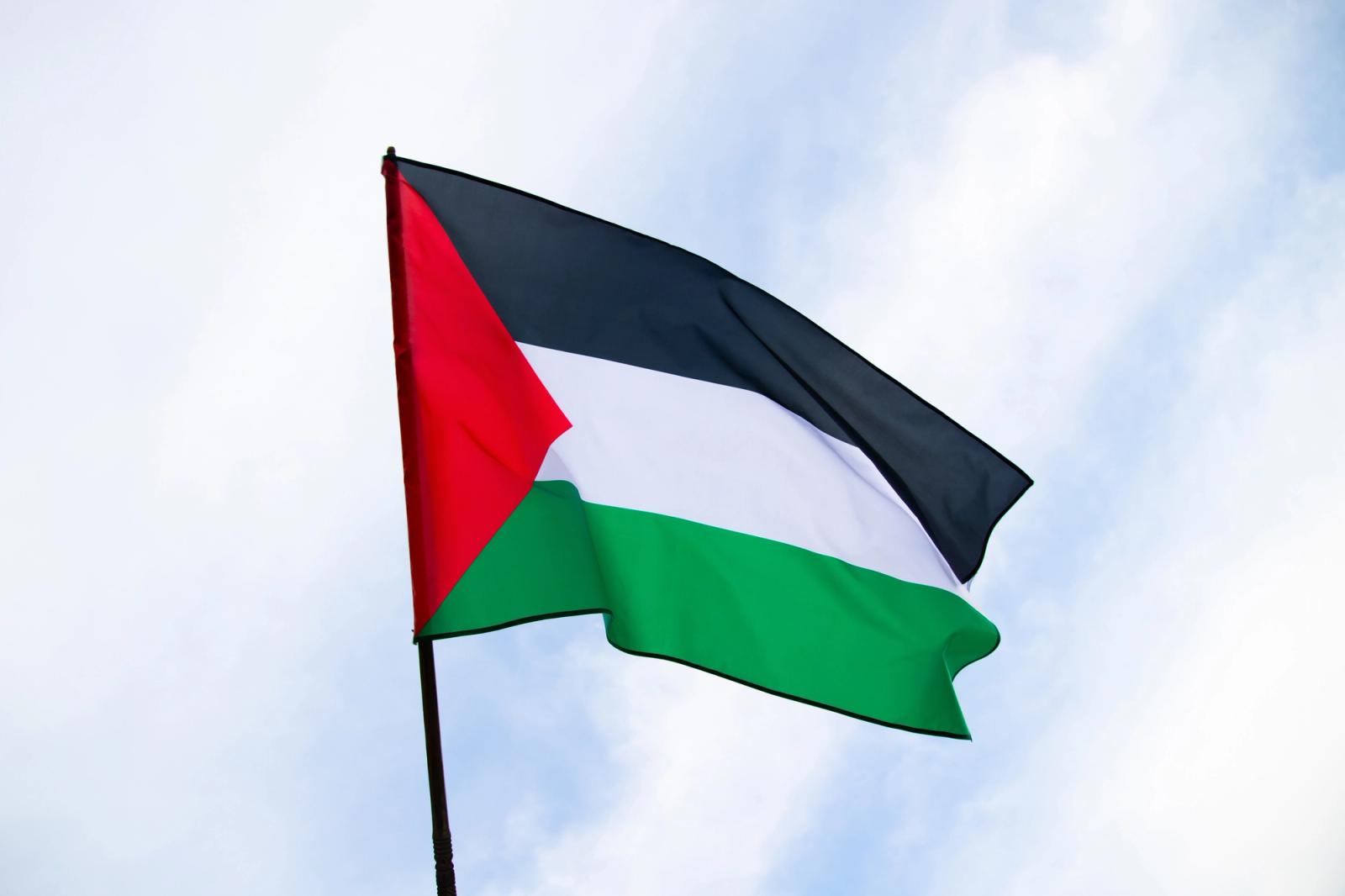The Topline
- Prime Minister Mark Carney announced that Canada plans to formally recognize the State of Palestine at the 80th United Nations General Assembly in September.
- Carney’s plan is conditional on key reforms by the Palestinian Authority, including holding democratic elections in 2026 that exclude Hamas and the demilitarization of the Palestinian state
- Canada joins the UK, France and Australia in its decision, while the US and Israel have criticized these plans
Switch sides,
back and forth
It’s the right thing to do
Something needs to be done, and the status quo has failed the Palestinian people. That much is clear.
For years, Canada, along with many Western countries, has taken a “we’ll get to that eventually” mindset to recognizing Palestinian statehood. Now there’s a humanitarian urgency to Israel’s aggression in the Gaza Strip, where over 60,000 people have died, including at least 18,500 children.
Canada’s decision is a moral response to Israel’s genocidal actions in the face of a decades-long status quo that has left Palestinians in a terrifying, stateless limbo. It also revives the two-state solution, in which Israel and Palestine co-exist as separate political states, the negotiations for which have laid dormant for years.
Proponents argue that an official recognition could kick-start these negotiations by telling Israel in no uncertain terms that its indefinite occupation of the Gaza Strip is no longer tolerable. Canada joining France, the UK and Australia in this decision makes this a coordinated move by a powerful bloc of Western nations to ratchet up the pressure on kickstarting these negotiations.
Crucial to Carney’s plan is the condition to ensure the Palestinian Authority holds democratic elections in 2026 without Hamas on the ticket, which signals that Canada supports Palestinians as a people, as opposed to recognizing Hamas as a legitimate political leader.
(Quick historical recap: The Palestinian Authority was established in 1994 under the Oslo Accords to be a temporary, five-year interim government for parts of the Palestinian West Bank and Gaza, and would eventually lead to full Palestinian statehood. That deadline has long since past without a final agreement and in 2007, the PA lost control of Gaza to Hamas, which Canada has recognized as a terrorist entity since 2002.)
And then, of course, Canadians actually want this. An Angus Reid poll found 61 per cent of Canadians support the move, with 63 per cent of those saying recognition must be accompanied by removing Hamas from power
SO WHAT?
This is less about forcing Israel to leave Palestine – which we can’t functionally do anyway – and more about raising the cost of maintaining the status quo. Israel cannot continue down its current path without facing severe consequences, whether those be diplomatic isolation, economic sanctions, or bypassing Israeli approval altogether on the Palestinian statehood issue.
It’s a risky diplomatic move
First off, The Level won’t entertain any xenophobic and pro-genocidal arguments against statehood.
However, there are legitimate concerns that recognizing Palestinian statehood at this point in the process could be very problematic not just for Palestinian civilians, but also for Canada longer term.
With Hamas still active, recognition could be interpreted as legitimizing a government that cannot control its own territory nor willing to stop its attacks on Israeli civilians. Critics argue that recognition rewards Hamas’ leadership before it has demonstrated the ability or willingness to ensure security in Gaza.
Then there’s the Israel problem. The two-state solution is supposed to be the result of negotiations involving Israel, not the starting point. Granting recognition at this juncture could remove any incentive Israel might have in engaging in peace talks because it would lose any leverage it might have had for recognizing Palestine’s sovereignty. Israel's security cabinet has already approved plans to seize Gaza City, and possibly occupy the entire Gaza Strip. Why would they pull back if they have nothing left to lose? may cause it to lash out further,
Then there’s the US problem. The Americans have historically opposed any one country unilaterally recognizing Palestinian statehood. Critics argue that doing so right now risks further damaging Canada–U.S. relations at an already fraught time between the two nations.
They have a point: Donald Trump announced he would raise tariffs on Canadian imports from 25 per cent to 35 per cent after Carney announced his decision.
SO WHAT?
Recognizing Palestinian statehood right now – without Israeli or American buy-in, and while Hamas remains in power in Gaza, without demilitarizing the region – could have severe diplomatic consequences that outlast Carney’s time as Prime Minister. It could lead to more strain between the US and Canada, but – more problematic – it could mean more aggressive military action in Gaza. More starvation. More death.

